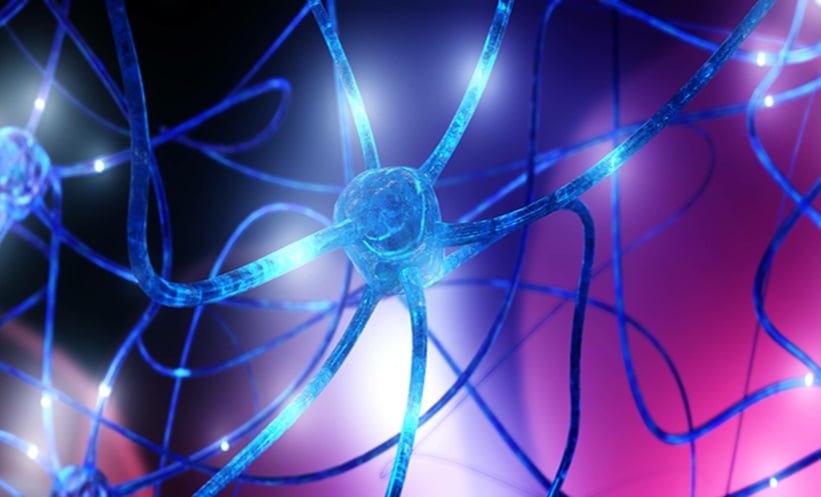RECENT research led by Mass General Brigham has revealed that brain scans, including functional MRIs (fMRI) and electroencephalograms (EEG), can detect consciousness in some patients with severe brain injuries who appear unresponsive.
The study involved 241 participants who did not respond to simple instructions but were found to exhibit cognitive activity when assessed using fMRIs and EEGs. Of the 241 participants who did not visibly respond to commands, 25% (60 individuals) showed signs of cognitive motor dissociation, a status in which patients can covertly follow instructions despite appearing unresponsive. This condition suggests that these patients have cognitive abilities that exceed their motor capabilities, raising ethical and clinical questions about how to engage with and treat them.
The study observed that cognitive motor dissociation was more common among younger participants, those further along in their recovery, and those whose injuries were caused by brain trauma. Specifically, 36 participants exhibited this cognitive activity using both fMRI and EEG, while others demonstrated it with only one of the techniques.
In contrast, 38% of the 112 participants who could visibly respond to commands also displayed cognitive activity on fMRI or EEG. These findings highlight the potential for cognitive awareness in patients who present as unresponsive and suggest that brain imaging could play a crucial role in assessing consciousness in such individuals.
The research underscores the importance of considering advanced brain imaging techniques in clinical settings to avoid misdiagnosing patients and ensure they receive appropriate care, pointing to the potential of brain-computer interfaces as future interventions to help these patients communicate.
Katie Wright, EMJ
Reference
Bodien YG et al. Cognitive motor dissociation in disorders of consciousness. N Engl J Med. 2024;391(7):598-608.








